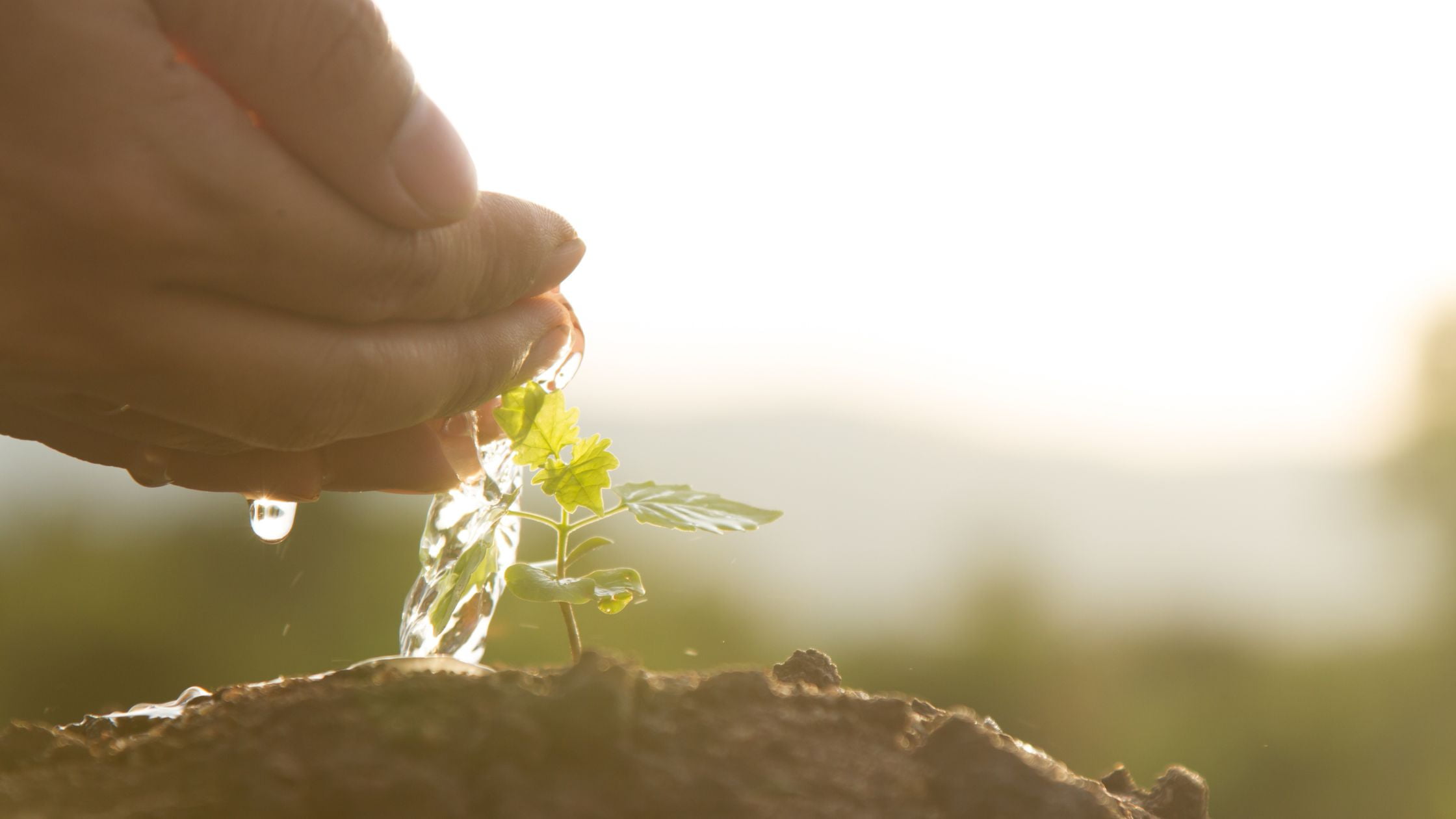Switching to sustainable food options assists your journey to play a vital role in preserving the environment. While being on the edge of havoc, the earth needs each of us to take a step forward to protect its environment from the devastating impacts of human life. A plant-based diet is widely acknowledged as an environment-friendly solution. A vegan diet includes some food options that are even more sustainable such as mushrooms and mushroom edibles.
Mushroom is a plant species with a negligible agricultural impact on the environment, which is excellent for an initiative to improve environmental conditions. Switching to mushroom edibles brings forth a diet that’s not only sustainable but also exciting and fun.
Explore the energizing effects of mushroom edibles with the widest collection at Diamond Shruumz, where you get to experience the finest quality at its best price.
Unveiling The Factors Behind Mushrooms And Sustainability
With extensive research on mushrooms, experts unveil the following aspects.
Minimal Growth Requirements
With the smallest quantity of water, minerals, and energy, mushrooms are the least demanding of all crop types grown to fulfill human nutritional needs. Mushroom crops require minute amounts of almond husks, corn cobs, cotton hulls, wheat straw, cow manure, and chicken litter to grow. All these materials arise from other areas of agriculture.
They require a minute amount of water which roughly equates to around two gallons. However, the same amount of any other Vegetable would require about 10 gallons of water to grow well. This explains the difference between the growth requirements of mushrooms and other vegetables and fruits. Providing clean water makes a huge sum of the cost invested in a crop. Also, this saves more water for the stability of the ecosystem. Similarly, mushroom crops require less energy to be grown.
Negligible Environmental Impact
As environmental destruction is increasing due to industrial and agricultural practices, experts have been searching for crops that would have a lesser environmental impact. Analyzing the agricultural impact of mushroom crops, experts unleash surprising facts. Mushroom farming emits little to no carbon dioxide, which is a pressing concern in other cases. The CO2 emissions do not exceed 0.7 pounds, which is negligible if you compare it with other plant crops.
Similarly, mushroom farming doesn’t require massive agricultural land areas. They can even be grown in smaller spaces, which means that mushroom farming doesn’t lead to deforestation, which is the most devastating impact of farming other crops. Forests are cut down to make room for farming practices. However, the vertical growth pattern of mushrooms saves a lot of space.
Mushroom Edibles And Sustainability: Final Thoughts
From a holiday culinary feast to an energizing snack, the mushroom edibles are versatile enough to fit your various needs. They’re highly sustainable for the environment, which makes them an incredible option to explore a world of uplifting impacts. Diamond Shruumz steps forward to enhance your experience and introduce you to the world of mushroom edibles and sustainability.


